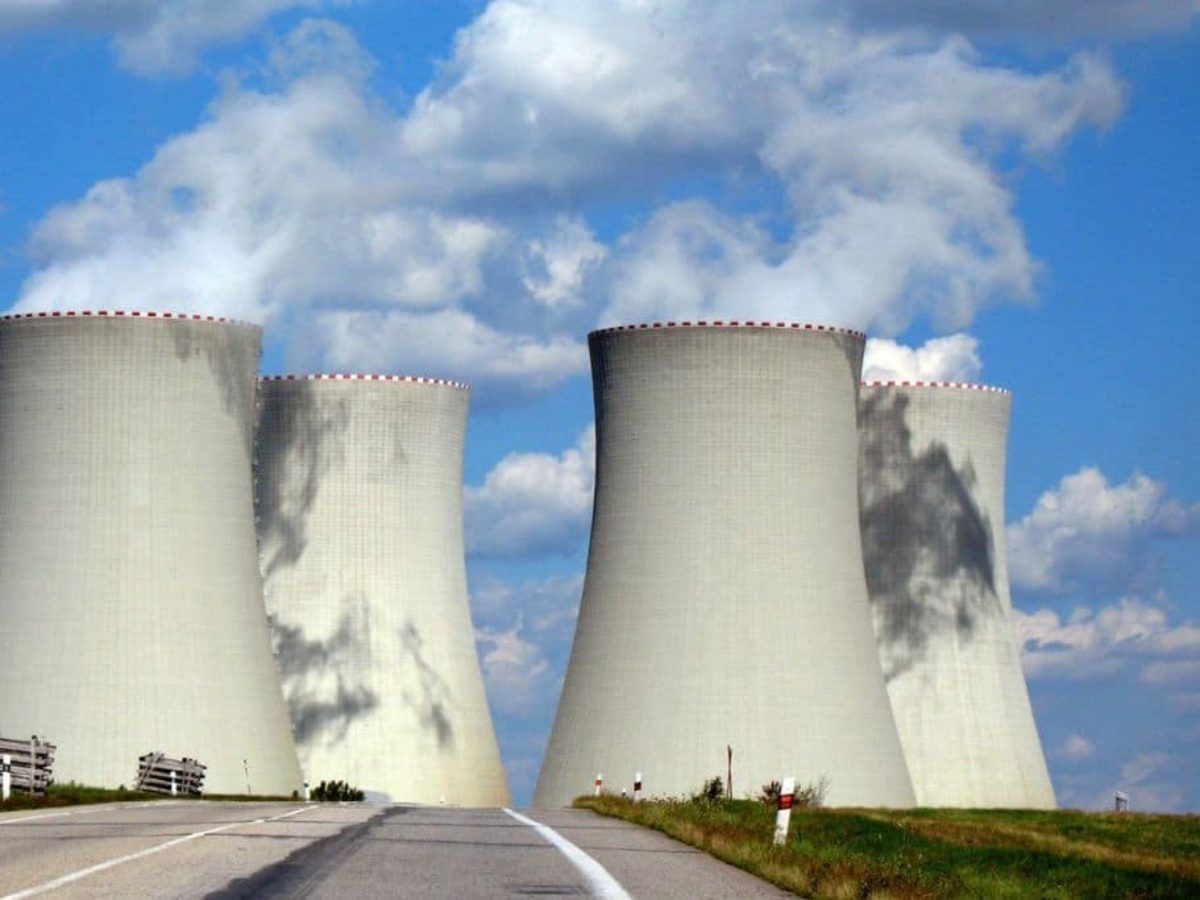Benefits of Atomic Energy
Atomic energy, also known as nuclear energy, is a powerful source of energy that has numerous benefits and applications. In this article, we will explore the various advantages of atomic energy and its contribution to our society.
Reliable and Efficient Energy Source
Atomic energy is a reliable and efficient source of electricity generation. Nuclear power plants have a high capacity factor, meaning they can operate at maximum output for extended periods. This reliability ensures a consistent supply of electricity, reducing the risk of power shortages.
Low Greenhouse Gas Emissions
One significant benefit of atomic energy is its low greenhouse gas emissions. Unlike fossil fuel power plants, nuclear power plants do not emit large amounts of carbon dioxide or other greenhouse gases that contribute to climate change. This makes atomic energy a cleaner alternative to traditional energy sources.
Large-Scale Electricity Generation
Atomic energy enables large-scale electricity generation, making it suitable for meeting the growing energy demands of modern societies. Nuclear power plants can produce a substantial amount of electricity, providing power to millions of households and industries.
Reduced Dependence on Fossil Fuels
By utilizing atomic energy, we can reduce our dependence on fossil fuels such as coal, oil, and natural gas. As these resources are finite and contribute to environmental degradation, transitioning to nuclear power helps diversify our energy sources and promotes sustainability.
Stable Energy Prices
Atomic energy offers stable energy prices compared to fossil fuels, which are subject to price fluctuations. Nuclear power plants require significant upfront investment but have lower operational costs in the long run. This stability provides economic benefits and reduces the vulnerability of energy markets to geopolitical events.
Medical Applications
Aside from electricity generation, atomic energy has numerous medical applications. Radioisotopes produced by nuclear reactors are used in various diagnostic and therapeutic procedures, including cancer treatments, imaging, and sterilization of medical equipment. These applications have revolutionized modern medicine and saved countless lives.
Improved Food Production
Atomic energy plays a vital role in improving food production through techniques such as irradiation. By exposing food to controlled amounts of radiation, we can reduce spoilage, eliminate pests, and extend shelf life. This helps ensure food security, reduces food waste, and enhances agricultural productivity.
Enhanced Industrial Processes
Atomic energy is also utilized in various industrial processes. For instance, nuclear technology is used in non-destructive testing to detect flaws in materials without causing damage. It also enables the production of heat for industrial processes, such as desalination, where seawater is converted into freshwater.

Atomic energy offers numerous benefits, including reliable and efficient electricity generation, low greenhouse gas emissions, reduced dependence on fossil fuels, stable energy prices, and various medical, agricultural, and industrial applications. By embracing atomic energy, we can create a sustainable and prosperous future for generations to come.
Frequently Asked Questions about the Benefits of Atomic Energy
1. What is atomic energy?
Atomic energy, also known as nuclear energy, is the energy released through nuclear reactions, such as nuclear fission or fusion.
2. What are the main benefits of atomic energy?
Atomic energy offers several benefits, including:
Low greenhouse gas emissions
Reliable and consistent energy production
Significant power output
Reduced dependence on fossil fuels
Potential for medical and scientific advancements
3. How does atomic energy contribute to reducing greenhouse gas emissions?
Unlike fossil fuels, atomic energy does not produce carbon dioxide or other greenhouse gases during electricity generation, making it a cleaner energy source.
4. Is atomic energy a reliable source of energy?
Yes, atomic energy is highly reliable as it can provide a constant and consistent power supply without being affected by external factors like weather conditions.
5. How does atomic energy generate significant power output?
Atomic energy is generated through nuclear reactions, which release a tremendous amount of energy from a small amount of fuel. This high energy density allows for the production of large amounts of electricity.
6. Does atomic energy reduce dependence on fossil fuels?
Yes, atomic energy reduces the reliance on fossil fuels, such as coal, oil, and natural gas, which are finite resources and contribute to environmental pollution.
7. Can atomic energy be used for medical and scientific advancements?
Absolutely! Atomic energy has various applications in medicine, including cancer treatments, diagnostic imaging, and sterilization of medical equipment. It also supports scientific research in various fields, such as particle physics and materials science.
8. Are there any risks associated with atomic energy?
While atomic energy offers numerous benefits, it does come with some risks, such as the potential for accidents, the management of radioactive waste, and the risk of nuclear proliferation. However, strict safety measures and regulations are in place to mitigate these risks.
9. How does atomic energy contribute to energy independence?
By diversifying the energy mix and reducing dependence on fossil fuels, atomic energy helps countries achieve greater energy independence and security.
10. Can atomic energy be a long-term solution for sustainable energy?
Many experts believe that atomic energy can play a significant role in a sustainable energy future, especially when combined with renewable energy sources. Its low carbon emissions and high energy output make it a viable option for reducing greenhouse gas emissions and meeting growing energy demands.




